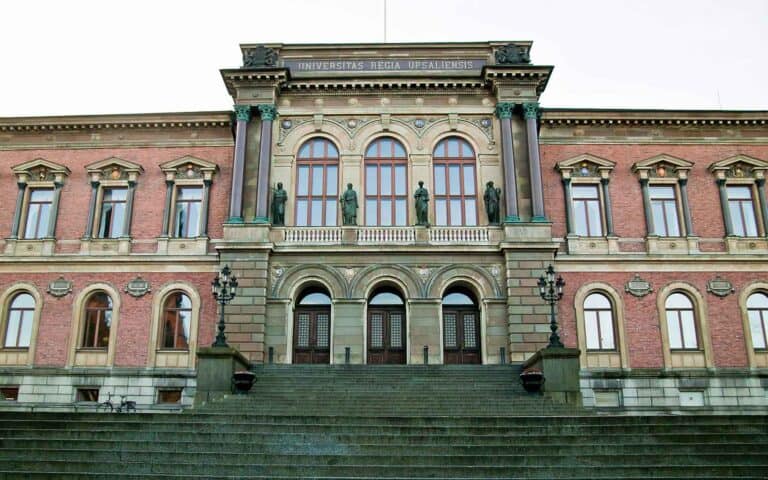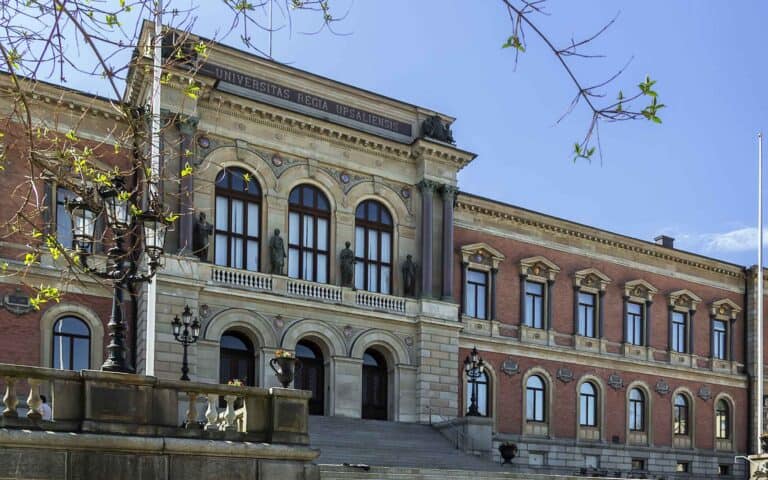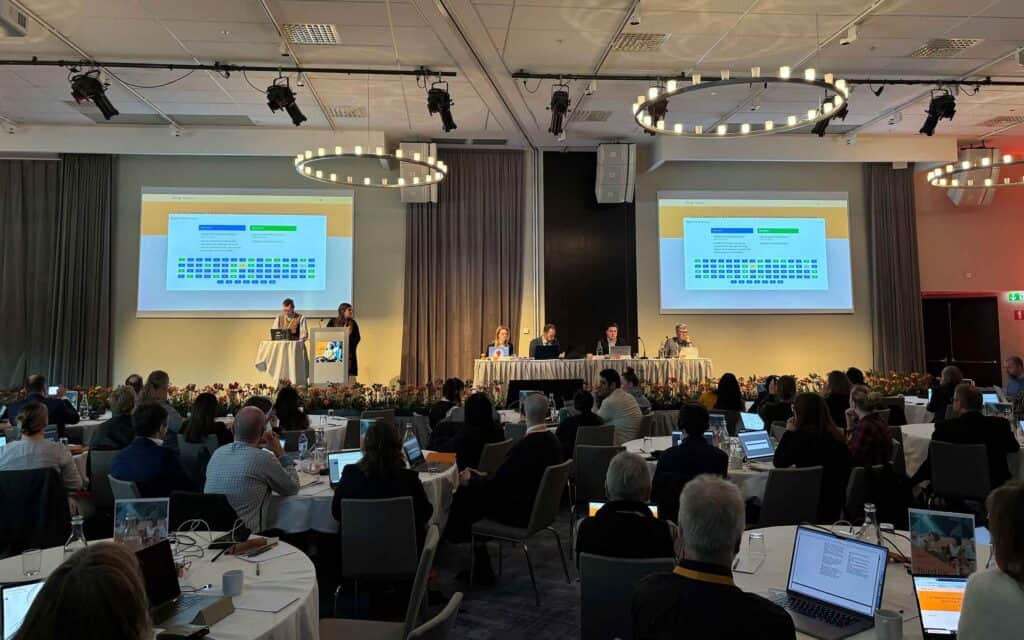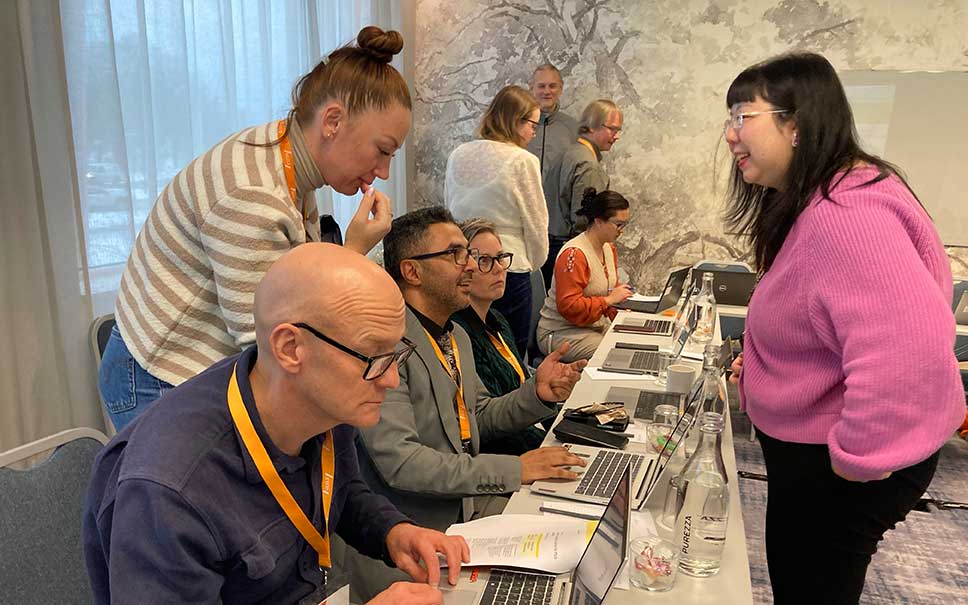In an opinion piece published last week, we argued that Uppsala University’s decision to maintain institutional agreements with Israeli universities complicit with the ongoing genocide in Gaza was not neutral but constituted a political decision. Anders Hagfeldt, Uppsala University’s Vice Chancellor, replied to our article. We thank him for his engagement.
In his reply, the Vice Chancellor argues that collaboration is a “fundamental principle” of Uppsala University, leading to positive change. This statement overlooks the fact that whether or not collaborations are “good” depends on their consequences.
The Swedish Higher Education Act notes that universities’ international activities must contribute, nationally and globally, to sustainable development, making sure that present and future generations are provided with a healthy and good environment, economic and social welfare and justice (1992:1434, sec.5). Collaborating with institutions that develop weapons or surveillance technology or that provide logistic support to armies engaged in human rights violations does not align with these principles. It is diffiuclt to see how such collaborations would place the university on the road to “positive change”.
We do recognize that collaborating with critical researchers could have beneficial consequences and so we reiterate once more that our demand is an end to institutional ties with complicit Israeli universities, not individual collaborations.
Just as research must consider legal and ethical considerations, so too must academic collaborations. Limits to such collaborations were made immediately clear when Uppsala University cut institutional ties with Russian and Belarusian universities. Why would the same standards not apply in the case of Israel’s invasion of Gaza? The reason seems to be that the Vice-Chancellor rejects a comparison between the two cases. He argues that the university’s decision to cut ties followed the Swedish government’s condemnation of the Russian invasion, and a call for all higher education institutions to cease collaborations. This argument dismisses the fact that a “call” is not an obligation, and that universities make autonomous decisions regarding their international collaborations.
As recently as March 1 this year, the Minister of Education reiterated the fact that universities have a “high degree of self-determination over their activities”, stating that it is not “the government’s business to decide which international cooperation projects in education and research they should be part of”.
Given this autonomy, should universities blindly follow government positions? If the government suddenly changed its mind and called for restoring ties with Russia, would universities restore collaborations despite the pro-democracy proclamations they made earlier? Or if the government suddenly called for severing ties with, say, Malawi, for no legitimate reason, would universities comply?
None of these examples seem consistent with the notions of academic freedom and institutional independence. Nor do they reflect a principle that the Vice-Chancellor continues to emphasise – that the university should be “a place for critics and critical thinking”.
Decisions on collaboration are in the hands of the university, and these decisions should be based on the consistent application of the principles the Vice Chancellor claims to support – human rights, freedom of expression, and academic freedom. The government should not be seen as an arbiter on when these rights and freedoms are undermined.
If any authority is to be relied on, it should be the various UN bodies and the human rights organisations that operate independently of governments and specialise in documenting and classifying violations of human rights and international law. The Vice-Chancellor’s position that there is no parallel between the Russian and Israeli invasions may be shared by the Swedish government, but it is certainly not the judgement of the organisations documenting the violence in both conflicts.
If, in the words of the Vice-Chancellor, Uppsala University is to “stand up for human rights, freedom of expression and academic freedom”, it must embody this position in action and not just rhetoric. Limits on academic collaborations should be based on consistent principles, regardless of the perpetrator or the Swedish government’s position.
Universities have the constitutional authority to autonomously cut ties with complicit Israeli universities, the only thing missing seems to be the willingness to act. “Academic freedom also implies academic responsibility” rightly stated Anders Hagfeldt in an email to Academics for Palestine Uppsala. Today, Uppsala University’s responsibility is to take the principled decision required to stay true to its values.
On behalf of Academics for Palestine Uppsala:
Fouad El Gohary
Alexandre Raffoul




















